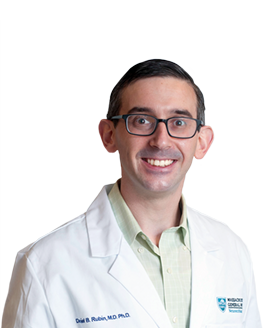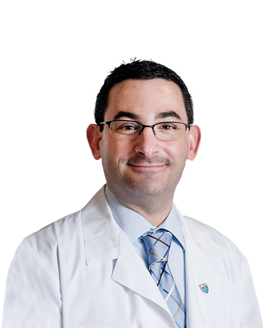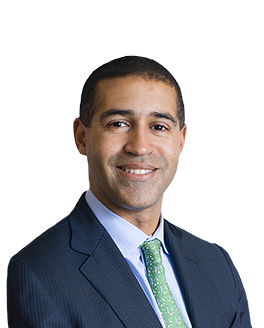-
Featured
CAR T-cell Therapy Shows Promise for Refractory/Relapsed Multiple Myeloma
Noopur Raje, MD, and colleagues determined in a phase 1 trial that idecabtagene vicleucel had promising antitumor activity in a heavily pretreated population of patients with multiple myeloma, and most nonhematologic toxic effects were grade 1 or 2.
-
Revealing the Mechanisms of CAR T-Cell Therapy Resistance in Solid Tumors
Physician-scientists at Massachusetts General Hospital use patient-derived tumor models to decode mechanisms of CAR T-cell therapy resistance in solid tumors.
-
Making CAR T-Cell Therapy More Effective Against Solid Tumors
A new technique from Massachusetts General Hospital uses disulfiram, copper, and radiation to stress cancer cells/tumors to rejuvenate CAR T-cells and ready the tumor microenvironment for CAR T-cell therapy.
-
Neutropenia-driven Approach to G-CSF Use May Be Feasible With CAR T-Cell Therapy
Mass General researchers found using granulocyte colony-stimulating factor to treat neutropenia after chimeric antigen receptor T-cell therapy, rather than as prophylaxis, resulted in less risk of severe cytokine release syndrome (CRS). Initiating G-CSF after CRS onset did not exacerbate toxicity.
-
Novel Tandem CAR T-Cell Effective Against Heterogeneous Glioblastoma
Massachusetts General Hospital researchers have developed TanCART, the first chimeric antigen receptor T cell that targets EGFRvIII and IL-13R?2 simultaneously, and found it was effective in vitro and in murine models of heterogeneous glioblastoma, including patient-derived xenografts.
-
Distinct Cellular Dynamics Are Associated With Response to CAR-T Therapy for B-Cell Lymphoma
Marcela V. Maus, MD, PhD, Gad Getz, PhD and colleagues observed that even small increases in CAR regulatory T cells contributed to relapse after axicabtagene ciloleucel treatment of refractory large B-cell lymphoma. This and other findings may optimize the design and individualization of CAR T-cell therapies.
CAR T-cell Therapy Contributors
-

Bob S. Carter, MD, PhD
Chief, Neurosurgery Service
Recent Article
Co-transplantation of Regulatory T Cells Improves Cell Replacement Therapy for Parkinson's Disease
-

Daniel B. Rubin, MD, PhD
Neurologist
Recent Article
Interim Safety Profile From the Feasibility Study of the BrainGate Neural Interface System
-

Jeremy Slade Abramson, MD
Director, Jon and JoAnn Hagler Center for Lymphoma, Mass General Cancer Center, Associate Professor of Medicine, Harvard Medical School
Recent Article
Improving Outcomes for Patients With Drug-resistant Epilepsy Through Surgery
-

Meghan E. Sise, MD
Nephrologist, Massachusetts General Hospital, Associate Professor of Medicine
Recent Article
Acute Kidney Injury Possible with Tisagenlecleucel CAR T Therapy
-

Noopur S. Raje, MD
Director of the Multiple Myeloma Center, Massachusetts General Hospital, Associate Professor of Medicine, Harvard Medical School
Recent Article
CAR T-cell Therapy Shows Promise for Refractory/Relapsed Multiple Myeloma
-

Tomas G. Neilan, MD, MPH
Director, Cardio-Oncology Program, Massachusetts General Hospital, Co-Director, Cardiac MR PET CT Program
Recent Article
T1 Value on Cardiac MRI Diagnoses Myocarditis Associated with Checkpoint Inhibitors
-

William T. Curry, MD
Co-Director, Mass General Neuroscience , Director of Neurosurgical Oncology, Massachusetts General Hospital, Adeline Rose Wydotis Professor of Neurosurgery, Harvard Medical School
Recent Article
Review: The Role of Antibody-Based Therapies in Neuro-Oncology